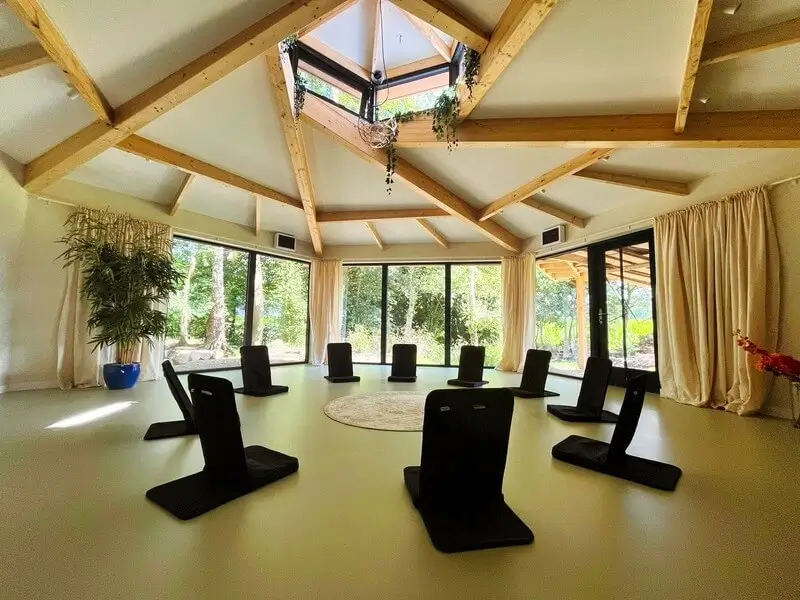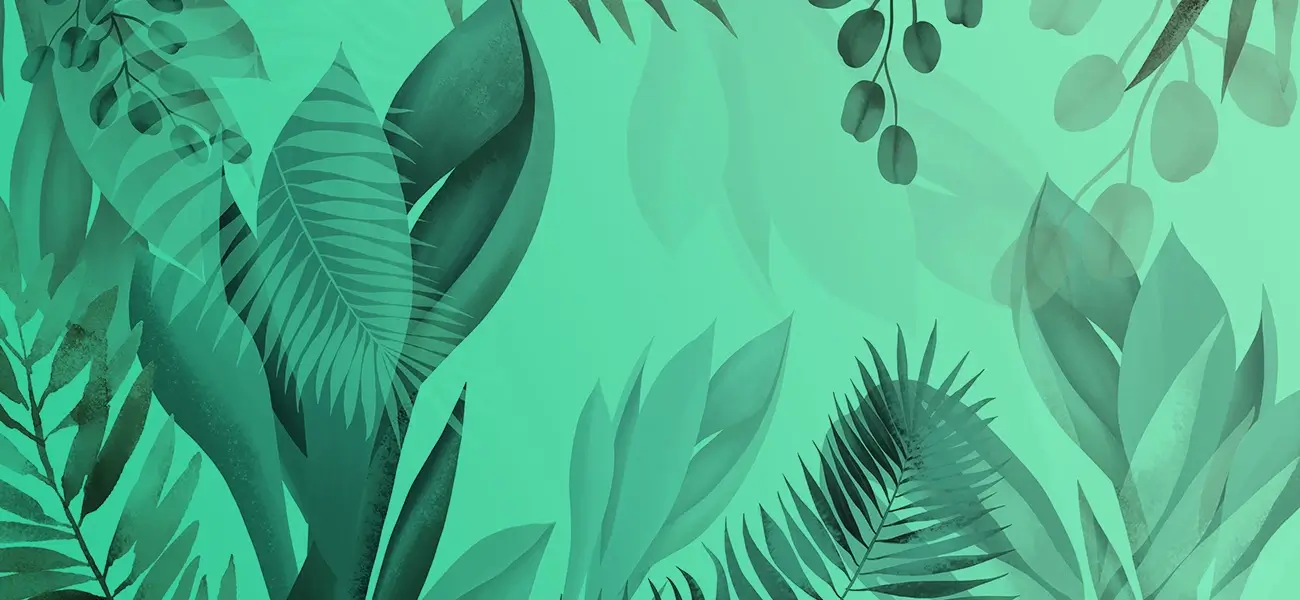Ayahuasca, an Amazonian brew made from Banisteriopsis caapi and Psychotria viridis, has captured the interest of many seeking healing beyond conventional psychiatry. It lies at the heart of Indigenous Peoples’ ceremonies in South America and has increasingly been studied by researchers interested in its effects on depression, trauma, addiction, and overall psychological well-being. While experiences with ayahuasca often involve mystical visions and personal breakthroughs, a growing body of scientific research is helping to clarify how, and why, ayahuasca may support deep mental and emotional shifts.
The studies gathered below reflect the most salient and up-to-date findings in the field. Spanning neuroimaging, clinical outcomes, and qualitative accounts, they explore how ayahuasca influences brain networks, emotional processing, and long-standing psychological patterns. Some studies emphasise measurable reductions in depression and anxiety; others highlight ayahuasca’s ability to evoke autobiographical insights, support trauma resolution, or foster a renewed sense of meaning and connectedness. Several also discuss the unique therapeutic frameworks that have emerged around its use.
The studies listed here are not exhaustive but offer a window into how the scientific community is beginning to understand the psychological potential of this plant medicine.
Ayahuasca in Grief Therapy (2025)
Sabucedo, P., Andión, O., Soto‑Angona, J. M., et al. (2025). Ayahuasca‑assisted meaning reconstruction therapy for grief: clinical trial protocol. Frontiers in Psychiatry.
This newly registered trial explores ayahuasca’s use in treating grief via meaning‑centered psychotherapy, with group ceremonies and integration support. Though still pending results, it marks the first structured clinical effort combining ayahuasca with grief therapy protocols.
Cortical Restructuring in Experienced Users (2023)
Mallaroni, P., Mason, N. L., van Oorsouw, K., et al. (2023). Cortical structural differences following repeated ayahuasca use hold molecular signatures. Frontiers in Neuroscience, 17, Article 1217079.
Using ultra-high-field MRI in long‑term ayahuasca users, researchers found structural brain changes – areas that thickened or loosened structurally – which correlated with serotonin receptor gene expression and markers of neuroplasticity. This suggests that therapeutic effects may align with lasting brain rewiring.
Naturalistic & Longitudinal Mental Health Change (2022)
Perkins, D., Pagni, B. A., Sarris, J., et al. (2022). Changes in mental health, well‑being and personality following ayahuasca consumption: a naturalistic longitudinal study. Frontiers in Pharmacology, 13, Article 884703.
Following naïve participants at ayahuasca retreats, researchers recorded significant reductions in depression, anxiety, and stress, improved mindfulness and life satisfaction up to one month post‑ceremony. Personality shifts included greater openness and reduced neuroticism. Retreat setting and preparation correlated with positive outcomes.
Ayahuasca’s Psychological & Neurobiological Model (2022)
Olave et al. Psychotherapeutic and neurobiological processes associated with ayahuasca: a proposed model and implications. Frontiers in Neuroscience, 16, Article 879221.
This integrated model outlines how ayahuasca affects brain function (e.g. default-mode network, anti-inflammatory markers), emotional processing, cognitive flexibility, and mindfulness. It links these changes to improvements in depression, trauma, addiction, and well-being; helping explain why sessions can foster new patterns of thought and emotion.
Year‑Long Follow‑Up after One Ceremony (2021)
de Almeida et al. (2021). Therapeutic effect of an ayahuasca analogue in clinically depressed patients: a longitudinal observational study. Psychopharmacology.
In 20 participants, a single high-DMT ayahuasca ceremony led to dramatic reductions in depression, anxiety, and stress: 71% were in remission at 1 year. Benefits peaked at 1‑month then sustained at 1‑year follow-up, with strong side‑effect tolerability and personal reintegration support.
Set & Setting Placebo-Controlled Retreat Trial (2021)
Uthaug, M. V., Loflin, M. J. E., & van Oorsouw, K. (2021). A placebo‑controlled study of ayahuasca, set and setting on mental health. Psychopharmacology, 238(7), 1899–1910.
In a controlled retreat context, experienced participants were randomly assigned to ayahuasca or placebo. Results showed that psychological benefits (reduced anxiety, improved mood) were significantly greater in the ayahuasca group, underscoring that effects go beyond expectation and depend on the substance itself.
Treatment‑Resistant Depression Randomise Controlled Trial (2019)
Palhano‑Fontes, F., Barreto, D., Onias, H., et al. (2019). Rapid antidepressant effects of ayahuasca in treatment‑resistant depression: a randomized placebo‑controlled trial. Psychological Medicine, 49(4), 655–663.
A breakthrough double‑blind randomised controlled trial with 29 people showed that one single ayahuasca session significantly reduced depressive symptoms (MADRS scores) compared with placebo. Effects began within a day and strengthened by day 7, with response and remission rates notably higher in the ayahuasca group and no serious adverse effects.
Entropic Brain Effects of Ayahuasca (2018)
Viol, A., Palhano‑Fontes, F., Araujo, D. B., Viswanathan, G. M. (2017). Shannon entropy of brain functional complex networks under the influence of the psychedelic Ayahuasca. Scientific Reports, 7(1):7388.
This landmark study demonstrated that a single intravenous dose of ketamine rapidly reduced symptoms of treatment-resistant depression, within hours. The effects lasted several days. It’s considered a pivotal trial that brought ketamine into the psychiatric mainstream.

Psilocybin Retreat in the Netherlands
TAKE THE FIRST STEP
Get the monthly email with tools to help you live a more conscious life.
Just useful stuff – we promise!
Contact Us
Email: contact@consciousgrowth.eu
Legal Note
Taking psychedelic truffles in our retreats is subject to a registration process. Please consult the FAQs for a list of contraindications. Conscious Growth does not offer therapy or treatment for physical or mental health conditions during the retreats.
In accordance with Dutch law, we use exclusively psilocybin truffles that are legal across the country. You can read more about the legal aspect here.
APPLY for a Retreat
Book an Introductory Call
Our Retreats
Frequently Asked Questions
Resources
Terms and Conditions
Privacy Policy
